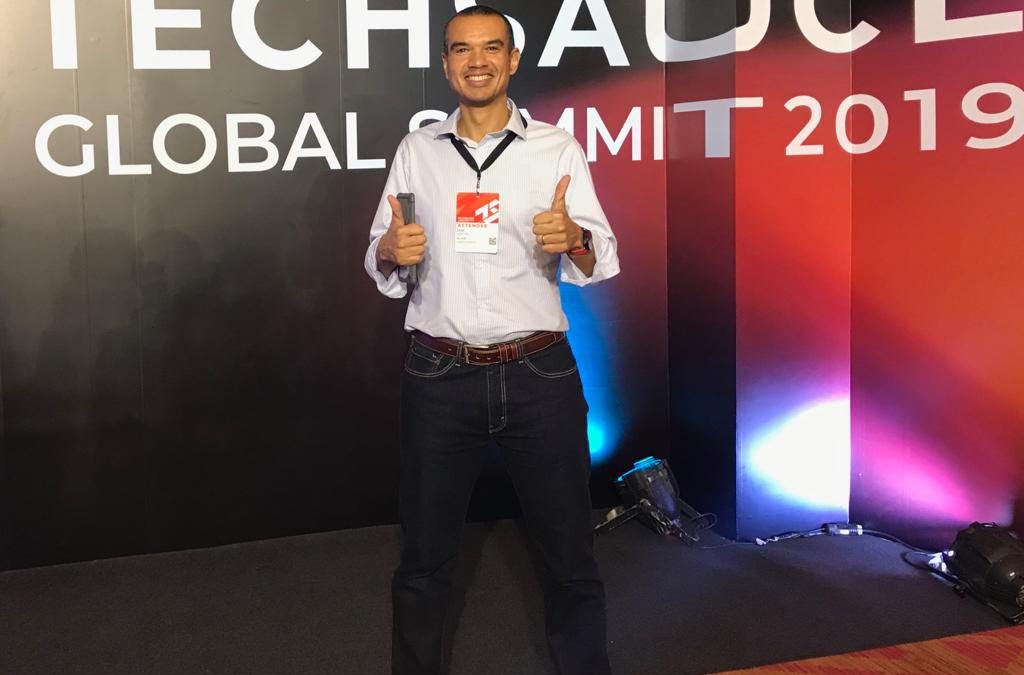The Techsauce Global Summit is a leading tech and startup conference with an estimated 20,000 attendees made up of investors, startups, speakers, sponsors, exhibitors, media and general delegates. Techsauce is held at the Centara Grand at CentralWorld in Bangkok.
There are warmth and friendliness to the summit, something that is befitting of Thailand, which has a very welcoming culture in general. However, I left Techsauce with the sense that Thailand has never been more welcoming as a tech startup ecosystem. Initiatives driven by the Thai government put tech at the forefront of an already diverse economy and foreign investment from the likes of Alibaba and Tencent help to accelerate growth.
Core themes from the conference included a palpable and yet accepted fear about complexities resulting from the trade war. Crystal ball panel discussions about the world in 2025 and beyond talked about splinternet, a word used to describe how governments may fence off the World Wide Web based on national and technological interests. And of course the importance of 5G, and why it is not just another “G”, but rather a way to reduce costs, boost efficiency and power Industry 4.0. Finally, there was a not so subtle theme highlighting the benefit of being snapped up by Chinese titans, as a strategy for lowering customer acquisition costs.
With only 2.5 days in Bangkok, every second counted, which necessitated breakfast meetings, coffee catch-ups and dinners with new and old friends. The event has provided Re-Hub with lots of actionable ideas and the potential for partnerships across Southeast Asia. My observation of Techsauce is that it is high-calibre; it attracts movers and shakers and feels like a significant national event that has the potential to become a truly regional event in the Singapore-sense. There is a heavy Thai focus, which is useful for those looking to learn about Thai business culture and to expand in the Thai market. If I offered a gripe, it would be that the event did not attract many delegates from established brands.
In years gone by, Japanese automotive companies invested in Thai manufacturing. Now, Chinese companies are making strategic plays in Thailand (and broader Southeast Asia). On top of this, Thailand is a top destination for Chinese tourists, the abundance of Alipay and WeChat payment options are certainly evidence of the importance of Chinese tourism and money in Thailand.
Thailand has the second-largest ASEAN economy, and of course, it has the age-old natural advantage derived from its central geographical location. With a population of nearly 70 million, 57 million internet users and a market with local talent and one that attracts digital nomads the Thai tech startup ecosystem will continue to smile and perhaps it won’t be long before the first elusive and internationally recognized Unicorn is celebrated.

